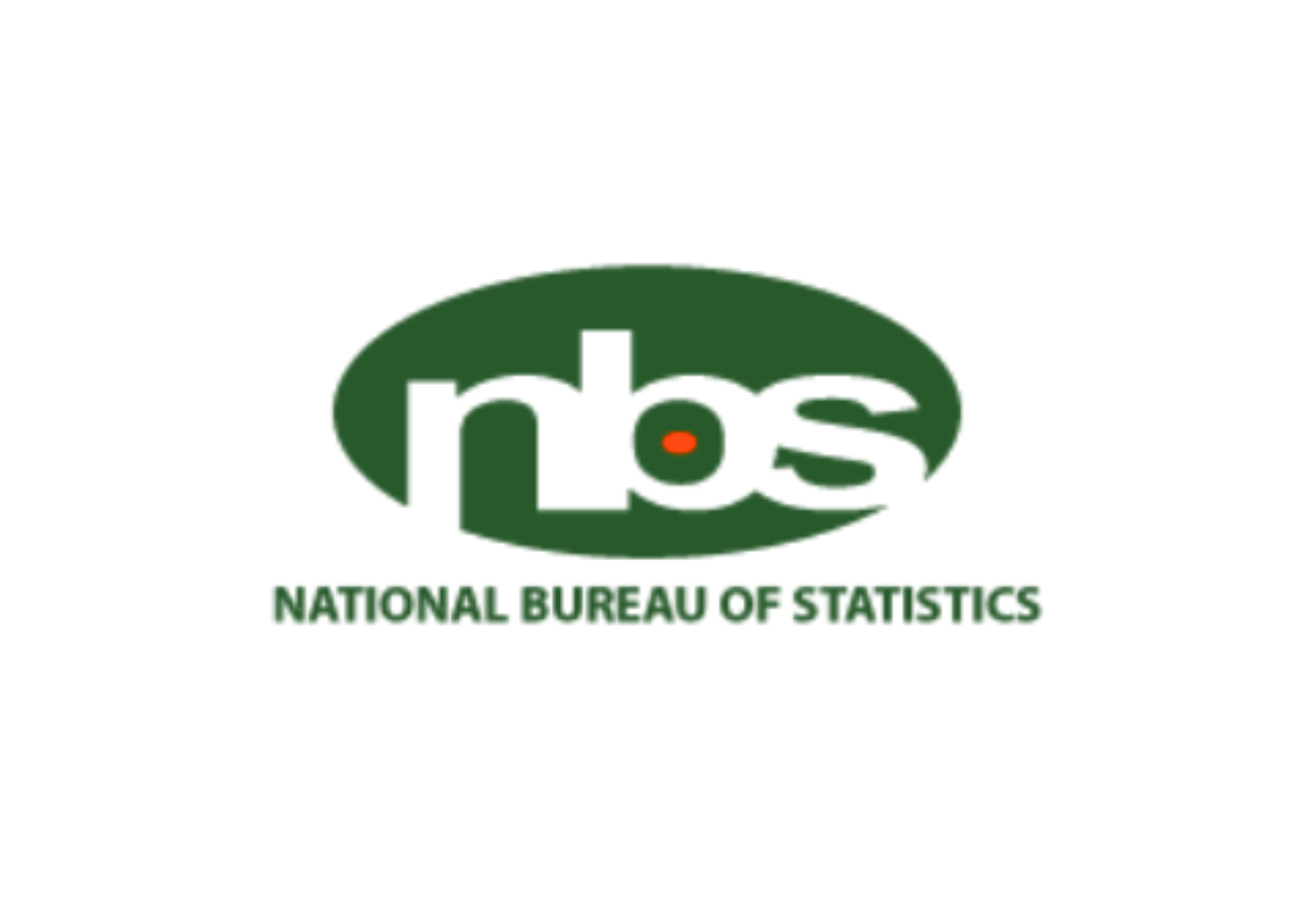Business
Economists Decry High Production Cost As Inflation Hits 22.79%

The headline inflation rate of Nigeria rose for the sixth consecutive time to 22.79 per cent in June 2023, according to data released by the National Bureau of Statistics (NBS), Monday.
It rose to a new 17-year high of 22.79 per cent in June 2023 from 22.41 per cent in the previous month.
According to the NBS report, “In June 2023, the headline inflation rate rose to 22.79 per cent relative to May 2023 headline inflation rate, which was 22.41 per cent.
“Looking at the movement, the June 2023 headline inflation rate showed an increase of 0.38 percentage points when compared to May 2023 headline inflation rate.
“On a year-on-year basis, the headline inflation rate was 4.19 percentage points higher compared to the rate recorded in June 2022, which was 18.60 per cent.
“This shows that the headline inflation rate (year-on-year basis) increased in June 2023 when compared to the same month in the preceding year (i.e., June 2022)”.
It noted that food and non-alcoholic beverages (11.81 per cent) led the list of items that contributed to the rising inflation figure.
Economists had, however, said inflation needed to be tackled holistically.
A former President and Chairman of Council, Institute of Chartered Institute of Bankers of Nigeria, Prof Segun Ajibola, said Nigeria’s surging inflation needed to be curbed holistically.
Ajibola, who is also a professor of economics at Babcock University, said, “The fundamental problems are still with us. We have to face the issues squarely to address the problem of inflation.
“It requires a holistic approach. So many things have to be harmonised and so many things have to be tackled. Especially things that push costs of production and those that affect agriculture”.
Expressing optimism in the new administration to fight inflation, Ajibola said, “I believe things will be better going by the little we have seen. More expertise and more strategic policies will be initiated”.
Partner and Chief Economist at KPMG Nigeria, Dr Yemi Kale, recently said the net benefits of the subsidy removal were positive, but noted that there would be disruptions arising from a direct increase in energy prices, inflation rate, and transportation fares.
He said “This disruption has an indirect impact on the increase in food prices and consumer demand. This is so because their purchasing power is weakened; consumer demand also shrinks unless the government provides some kind of relief to cushion the effect,” he said.
“In addition, households would begin to cut their expenditures, leading to businesses recording decreases in demand amid rising costs of operation increases. This is particularly going to affect the Micro-Small and Medium-sized Enterprises, and this would eventually birth lay-offs, hence increasing unemployment rate and insecurities”.
KPMG Nigeria said the removal of fuel subsidies in Nigeria could lead to a significant rise in the country’s inflation rate, potentially reaching 30 per cent in June 2023.
A report by KPMG said the removal, whether implemented entirely or partially, would cause a temporary inflationary surge.
The NBS, on its Twitter page, noted that the impact of the fuel subsidy removal and unification of exchange rates had yet to reflect on the country’s headline inflation, which justified the marginal increase.
“The June Consumer Price Index numbers may not fully capture the impact of the fuel subsidy removal and the unification of the exchange rate.
“This is because the data collection for computing the rate for the reference month typically stops around the middle of the month, meaning that the June numbers only reflect approximately two weeks of the policy impact on consumer prices.
“The full effect of the policy as relates to prices can, therefore, not be reflected in June only, but also in subsequent months, based on actual prices collected in market outlets across the country”.
Transport
Automated Points Concession : FAAN Workers Gave 72hrs To Revise Decisions In PH

Transport
FAAN Announces Pick-Up Points for Go-Cashless Cards

Business
Fidelity Bank To Empower Women With Sustainable Entrepreneurship Skills, HAP2.0
-

 News4 days ago
News4 days agoAmend Constitution To Accommodate State Police, Tinubu Tells Senators
-

 Politics4 days ago
Politics4 days agoSenate Urges Tinubu To Sack CAC Boss
-
Business5 days ago
Crisis Response: EU-project Delivers New Vet. Clinic To Katsina Govt.
-
Business5 days ago
President Tinubu Approves Extension Ban On Raw Shea Nut Export
-

 News4 days ago
News4 days agoDisu Takes Over As New IGP …Declares Total War On Corruption, Impunity
-
Business5 days ago
Fidelity Bank To Empower Women With Sustainable Entrepreneurship Skills, HAP2.0
-
Business5 days ago
President Tinubu Extends Raw Shea Nuts Export Ban To 2027
-
Sports5 days ago
NDG: Rivers Coach Appeal To NDDC In Talent Discovery

